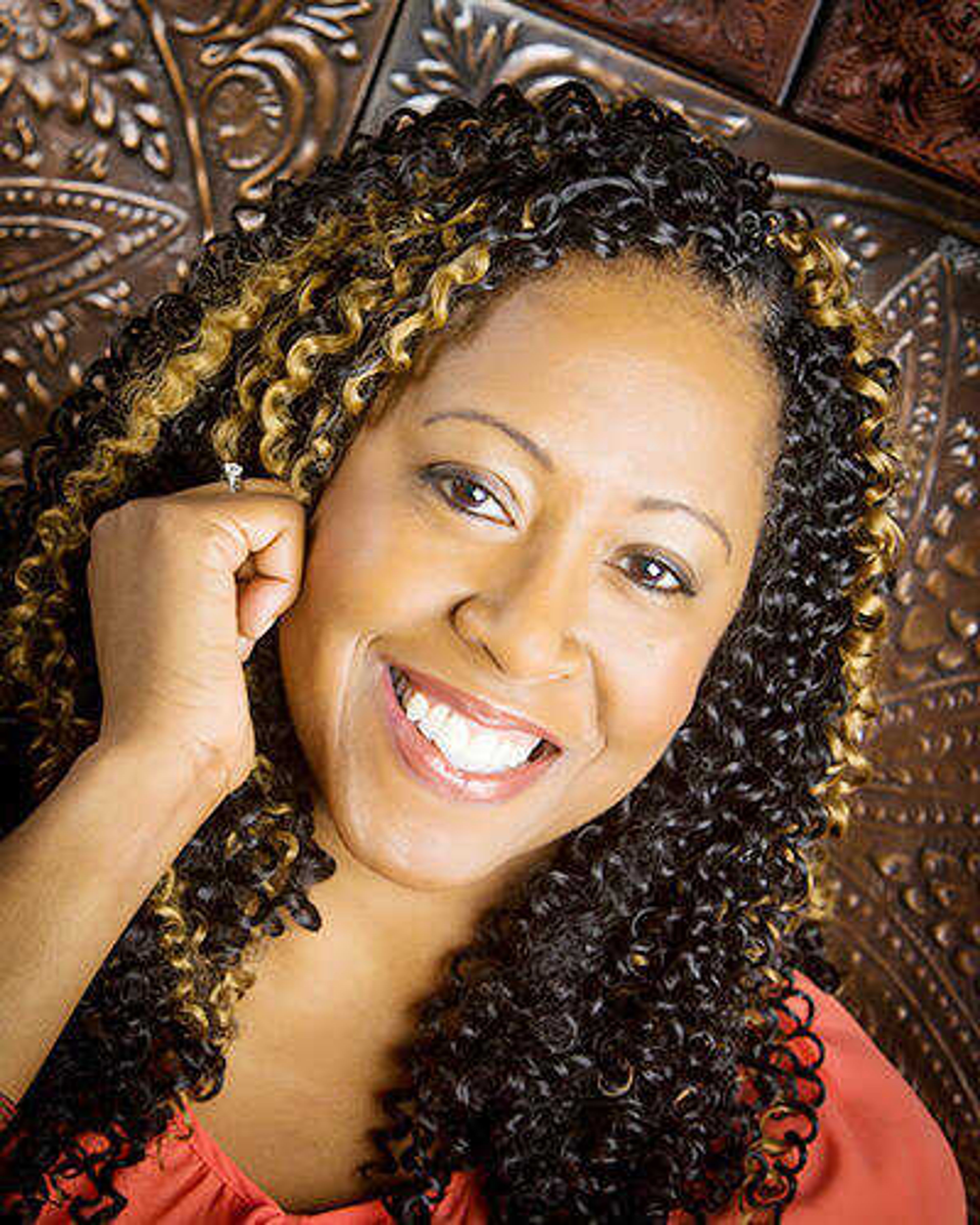Politics outweighs faith in spouse selection
I ran across a Pew Research article published recently breaking down “8 facts about love and marriage in America.” One of them really jumped out at me — the willingness people possess to compromise their faith but not their politics. “Sizable minorities of married people are members of a different religious group than their partner, but marriages and partnerships across political party lines are relatively rare,” A.W. Geiger and Gretchen Livingston wrote...
I ran across a Pew Research article published recently breaking down “8 facts about love and marriage in America.” One of them really jumped out at me — the willingness people possess to compromise their faith but not their politics.
“Sizable minorities of married people are members of a different religious group than their partner, but marriages and partnerships across political party lines are relatively rare,” A.W. Geiger and Gretchen Livingston wrote.
Is it a coincidence people are more likely to commit to a lifetime with someone who doesn’t share their faith than someone who doesn’t share their politics? If it’s not a coincidence, what’s the reason? Maybe we just spend more time in environments where people of the same political persuasion are likely to be, but I doubt it. I mean, work, college, gym, shopping. We rarely pick these places based on politics. Whoever shows up, shows up, right? Granted, some people live in a region more inclined to lean right or left politically but not to the point of the statistics we see in the Pew study. I have no way to measure it, but it seems a conscious decision exists to avoid political differences in meaningful lifelong relationships, and it also suggests there’s a conscious decision to underplay the importance of the dictates of faith.
“About four in ten Americans who have married since 2010 (39%) have a spouse who is in a different religious group, compared with only 19% of those who wed before 1960, according to a 2014 Pew Research Center survey. Many of these interfaith marriages are between Christians and those who are religiously unaffiliated,” Pew reported.
One of the fundamentals of Christianity is the authority of the Bible, which teaches, “Be ye not unequally yoked together with unbelievers: for what fellowship hath righteousness with unrighteousness? And what communion hath light with darkness?” We may not understand all “unequally yoked” includes, but we do understand it does not exclude marriage. Nonetheless, it appears people are inclined to ignore that tenet of faith and embrace leniency, instead. But they’re not as likely to apply that level of leniency to people of a different political party.
In fact, Pew reported in 2016, “Mixed political relationships are rare: Just 9% of Republicans say their spouse or partner is a Democrat, while roughly the same share of Democrats (8%) say their spouse is a Republican.”
There’s the age-old advice that people should avoid discussing both religion and politics. Political talk, however, is difficult to avoid. Conversations are everywhere. Television, radio, social media, Walmart. Everyone’s got an opinion, and no one gives an inch. This, I imagine, makes for long and stressful exchanges — which lead to fast and furious breakups. Maybe — not sure — there was a time one could be deep in a relationship before knowing where someone stood on a political hot-button topic. Not so now. Bumper stickers, T-shirts, political rallies, tattoos. Everywhere. It’s hard to hide, and no one seems to want to anyway. We kind of like to fight, but not enough to marry our opponent.
But why are we not as passionate about our faith? We’re talking about heaven and hell, about how to raise children, about what should govern every second of every day. Yet we are more willing to partner for a lifetime with a person who doesn’t share our views. Is it possible people are actually not discussing religion in their relationships? Has faith become a back-burner issue that just doesn’t arise until further down the road — like when we say, “Yes, I’ll marry you!” and then, for the first time, begin to really contemplate if it’ll be the reverend, the rabbi or the roshi who will conduct the ceremony? Have folks moved away from God to establish their own god, which, for some, is their politics? Or are they having these discussions but are just not moved enough to care how being unequally yoked violates their faith and could complicate their lives?
It’s an interesting topic to explore, and, I would imagine, a person’s level of commitment to his faith and his politics figures in. So where do you stand? Would you be more likely to marry someone who doesn’t share your faith or someone who doesn’t share your politics — and why? What effect, if any, would this decision have on your life and your family?
Adrienne Ross is owner of Adrienne Ross Communications and a former Southeast Missourian editorial board member. Contact her at aross@semissourian.com.
Connect with the Southeast Missourian Newsroom:
For corrections to this story or other insights for the editor, click here. To submit a letter to the editor, click here. To learn about the Southeast Missourian’s AI Policy, click here.











